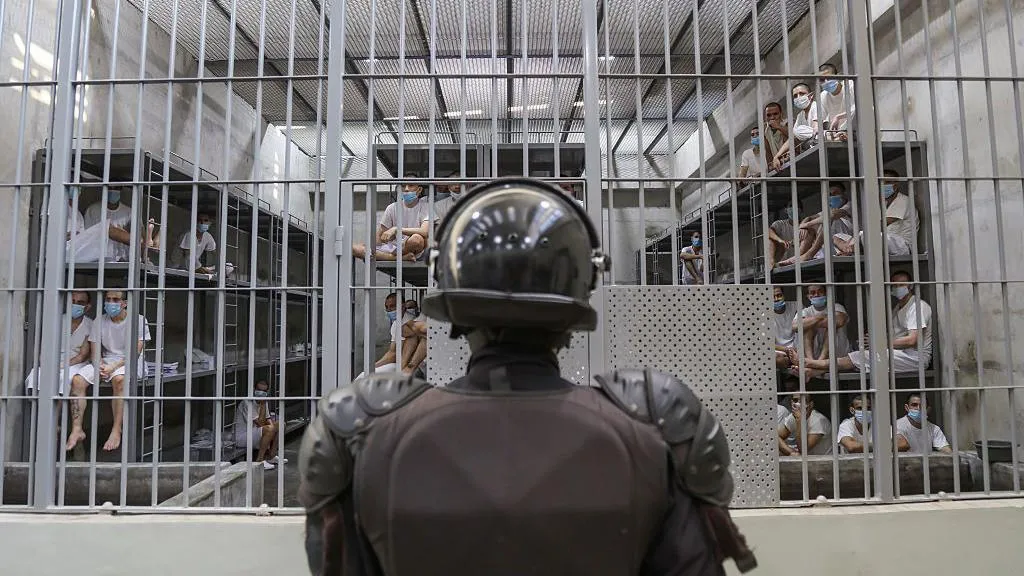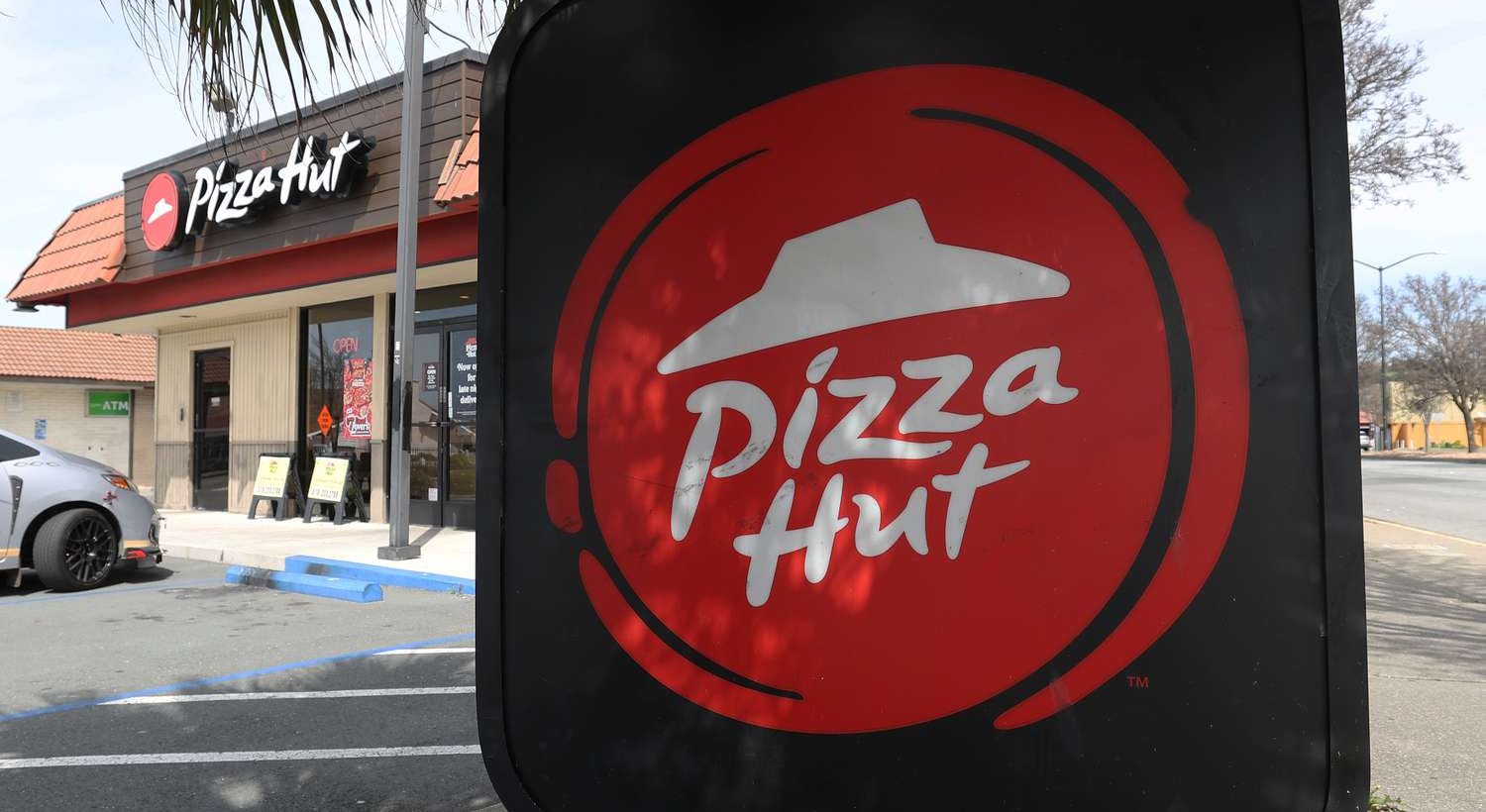WASHINGTON — In a significant legal development early Saturday morning, the U.S. Supreme Court issued a temporary pause on the deportation of two alleged Venezuelan gang members potentially affected by the Alien Enemies Act. The high court’s brief order halts any immediate deportation actions in a case that involves the Trump administration’s use of an 18th-century wartime law to expedite removals.
The court’s decision came after attorneys representing the alleged gang members filed an emergency appeal on Friday, arguing that their clients faced imminent removal from the U.S. without sufficient notice or the opportunity to challenge the deportations. While the court did not provide an explanation for its ruling, it instructed the Trump administration to respond to the appeal once the federal appeals court in Louisiana addresses the matter.
In the meantime, the court ordered that the government “is directed not to remove any member of the putative class of detainees from the United States until further order of this court.”
The case revolves around the administration’s effort to deport a group of Venezuelans under the Alien Enemies Act, a law that grants the government broad powers to remove individuals from the U.S. during wartime.
Previously, a federal judge in Washington, D.C., expressed concerns over the speed of the deportations but ruled he lacked the authority to intervene. Judge James Boasberg, at an emergency hearing on Friday, indicated his sympathy for the migrants’ plight but stated he could not pause the deportations.
“I am sympathetic to everything you’re saying, I just don’t think I have the power to do anything,” Boasberg told the migrants’ attorney.
The administration’s legal team, represented by Justice Department attorney Drew Ensign, confirmed that while no deportation flights were scheduled for that night, the Department of Homeland Security had reserved the right to move forward with removals at any time.
Attorneys for the migrants, including representatives from the American Civil Liberties Union (ACLU) and Democracy Forward, sought relief from both the District Court and the Fifth Circuit Court of Appeals, arguing that the deportations were happening too quickly and without proper legal processes in place. They also presented evidence showing that detainees were notified of their removal less than 24 hours prior to their scheduled deportations, with little to no opportunity to challenge the actions.
The dispute over the application of the Alien Enemies Act has placed the Supreme Court at the center of a heated debate about the Trump administration’s aggressive immigration enforcement policies.
Last week, the Supreme Court allowed the administration to proceed with removals under the Alien Enemies Act, but only after ensuring that migrants would receive notice of their status and the opportunity to challenge their deportations in court. The court also clarified that challenges could only occur in districts where the detainees were being held.
Saturday’s decision marks the second time the issue has reached the nation’s highest court, highlighting the growing tension between the administration’s enforcement actions and the rights of detainees under U.S. law. Despite the court’s temporary pause, conservative Justices Samuel Alito and Clarence Thomas dissented from the order, signaling their differing views on the case.
For now, the immediate threat of deportation for the affected Venezuelans has been temporarily lifted, as the legal battle continues to unfold.












